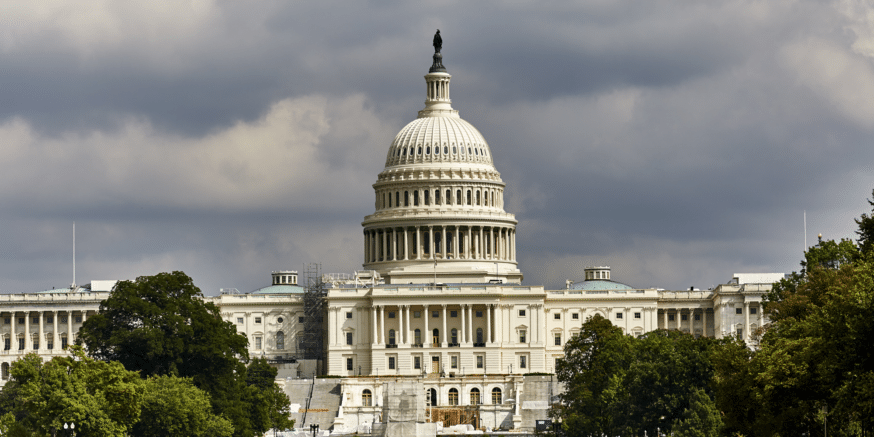TLDR
- Senate Bill Aims to Clarify Crypto Rules and Strengthen Bitcoin Regulation
- New Crypto Bill Defines Digital Assets, Tightens Security, Backs Innovation
- GOP Senators Push Bill to Regulate Crypto, Protect Users, Boost Innovation
- Senate Draft Bill Outlines Clear Crypto Laws, Decentralization Standards
- U.S. Moves Toward Crypto Clarity with New Senate Bill Backed by Trump
The U.S. Senate has unveiled a draft bill that could reshape the digital finance sector and strengthen crypto regulations nationwide. Four Republican senators introduced the Responsible Financial Innovation Act of 2025, signaling a shift toward regulatory clarity and legal structure. This move follows the House’s earlier legislative efforts and aligns with President Trump’s national vision for crypto leadership.
Clear Rules for Bitcoin and Token Securities
The bill outlines how digital tokens like Bitcoin fit into existing financial law and introduces clear definitions for digital assets. It separates commodities from securities, preventing overlap in regulation and ensuring distinct treatment under U.S. law. Tokens without equity-like rights may now qualify as commodities if they meet transparency and decentralization conditions.
To ensure accountability, the draft mandates disclosure from token issuers raising over $5 million within the country’s borders. It requires public reports covering business structure, token use, and leadership background, promoting operational transparency. Furthermore, insider selling is restricted until blockchain networks reach complete decentralization to avoid manipulation.
Lawmakers aim to modernize securities laws while protecting public participation in the digital asset market. The bill directs the SEC to issue updated guidelines on asset classification and reporting obligations. It also ensures that existing frameworks evolve alongside rapid technological developments in the crypto sector.
Bitcoin Crimes and Compliance Measures Strengthened
The draft bill also addresses crypto-related crimes by enhancing collaboration between private firms and federal agencies. It requires the Treasury to set new compliance standards for banks and institutions working with digital assets. These standards will aim to stop money laundering and prevent bad actors from misusing blockchain systems.
Moreover, it encourages real-time communication between regulators and digital asset platforms to support investigations and enforcement. This improved coordination will reduce risks tied to anonymous transactions and non-compliant platforms. In doing so, the legislation improves financial integrity while maintaining access to legitimate crypto services.
Banks and financial institutions must meet new thresholds when holding crypto assets or including them in portfolios. The rules introduce consistent accounting for crypto exposure and require secure storage policies. This will help institutions manage digital asset risks more responsibly within a regulated framework.
New Framework Gives Bitcoin Innovation Legal Ground
To encourage U.S.-based blockchain innovation, the bill proposes a regulatory sandbox with reduced oversight for early-stage crypto projects. This environment allows developers to test applications while staying within a legal perimeter and avoiding stifling delays. It helps new technologies move forward without compromising consumer protection.
The legislation protects self-custody rights, enabling users to manage their Bitcoin and digital assets without third-party interference. This provision affirms user control and aligns with blockchain’s original decentralized philosophy. It ensures people maintain direct ownership of their digital property under U.S. law.
The draft also updates the SEC’s duties, including innovation support and coordination with global regulators. Aligning U.S. rules with international standards will strengthen the nation’s leadership in digital finance and lay the foundation for global cooperation and competitive advantage in blockchain development.
Trump Administration’s Push for National Crypto Policy
The bill builds on President Trump’s broader push to position the U.S. as the global hub for digital finance. His administration launched a task force earlier this year to reform crypto policy and reverse prior restrictions. That task force influenced recent legislation, including the GENIUS and CLARITY Acts passed by the House.
The GENIUS Act introduced firm guidelines for stablecoins, while the CLARITY Act moved oversight of digital commodities to the CFTC. These actions rebalanced authority between agencies and empowered decentralized projects to innovate without constant enforcement pressure. They paved the way for the Senate’s deeper legislative efforts.







